AI enables machines to perform tasks that typically require human intelligence, such as understanding natural language, recognizing patterns, and making informed decisions.
The rapid growth of technology and the internet has shifted how businesses engage with consumers, moving from traditional marketing methods to more data-driven, interactive approaches.
Integrating AI into digital marketing strategies is revolutionizing how businesses operate and connect with their audiences.
AI enhances data analysis, allowing marketers to gain deeper insights into consumer behavior and preferences. This capability enables the creation of highly targeted campaigns, improving engagement and conversion rates.
As AI continues to evolve, its role in automating processes, predicting trends, and optimizing ad placements will further transform the digital marketing landscape, making it more efficient and impactful.
Page Contents:
The Evolution of AI in Digital Marketing
AI applications were limited to basic data analysis and simple consumer behavior predictions. As technology advanced over the decades, the significance of data grew, leading to the development of more sophisticated models that could handle larger datasets.
Another major milestone was the rise of predictive analytics, which empowered marketers to forecast consumer behavior and optimize their campaigns accordingly.
As AI tools became more accessible, businesses of all sizes adopted these technologies, further driving innovation in the marketing sector.
Today, the use of AI in digital marketing is characterized by several exciting trends. One of the most notable is the increasing reliance on data-driven decision-making, with marketers utilizing AI to analyze vast amounts of consumer data—transforming insights into actionable strategies.
Personalization remains at the forefront, with AI enabling hyper-personalized content delivery across various channels.
Additionally, AI-powered tools are being employed to automate email marketing, social media management, and ad placement, leading to greater campaign efficiency and effectiveness.
As AI continues to evolve, advancements in visual recognition and voice search are reshaping how brands interact with consumers, ensuring that AI will play an integral role in the future of digital marketing.
Key Applications of AI in Digital Marketing
There are hundreds of AI applications in digital marketing. Here are some of the most efficient and common ones.
Data Analysis and Insights
1. Predictive Analytics: Utilizing advanced algorithms and machine learning techniques to analyze historical data, predictive analytics empowers marketers to forecast future trends and consumer behaviors.
This enables businesses to make informed decisions, optimize campaign strategies, and allocate resources more effectively.
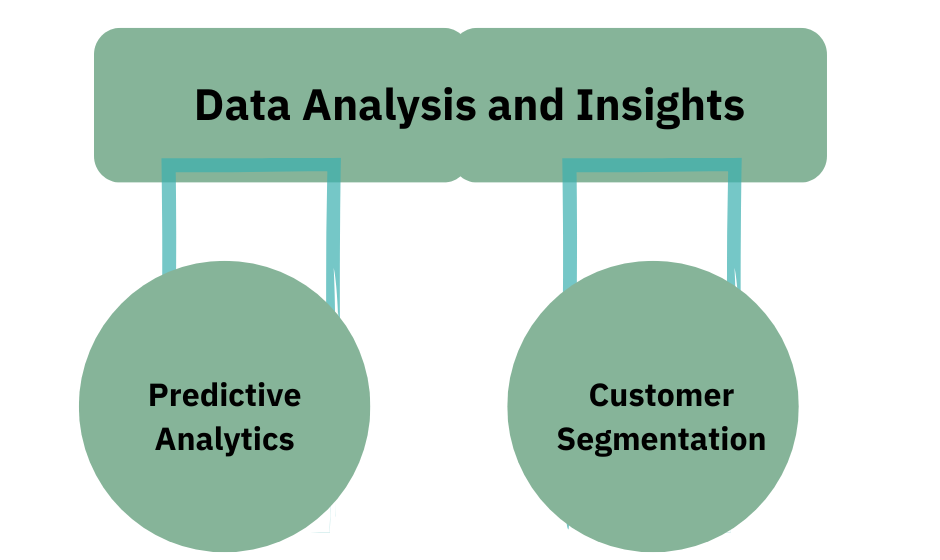
2. Customer Segmentation: AI technologies facilitate the categorization of customers into distinct segments based on various attributes such as purchasing behavior, demographics, and preferences.
This allows marketers to tailor their strategies and communications to meet the specific needs of different customer groups, enhancing engagement and conversion rates.
Personalization and Targeting
1. Personalized Content Delivery: By leveraging AI, marketers can create highly personalized content experiences for users.
Machine learning algorithms analyze user data to determine the most relevant content to deliver, including recommended products or tailored messages that resonate with individual preferences, ultimately driving higher engagement and satisfaction.
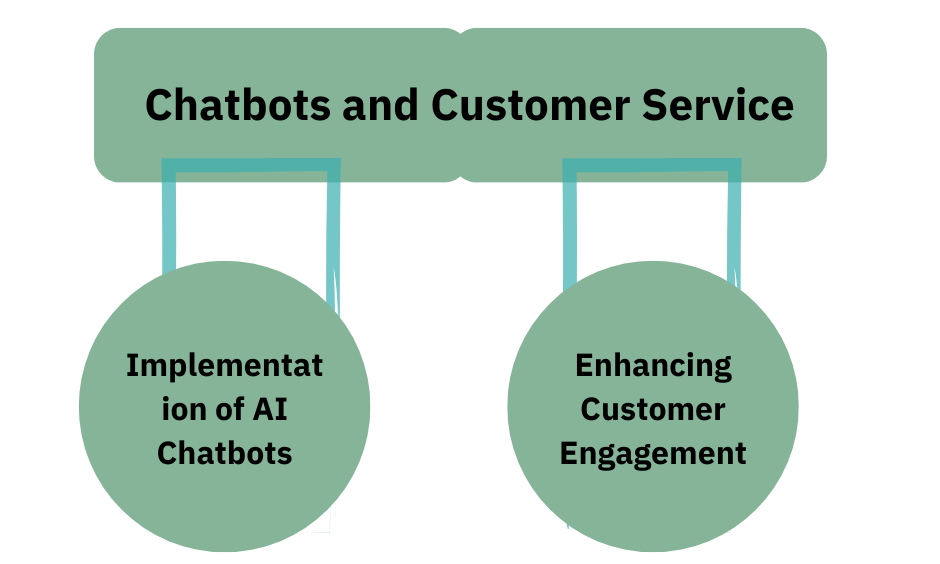
2. Dynamic Pricing Strategies: AI-driven tools allow businesses to implement dynamic pricing models that adjust prices in real time based on various factors such as consumer demand, competitor pricing, and inventory levels.
Chatbots and Customer Service
1. Implementation of AI Chatbots: Businesses are increasingly integrating AI chatbots into their customer service systems.
These chatbots utilize natural language processing to understand and respond to customer inquiries effectively, providing instant support and streamlining communication, which leads to improved customer satisfaction.
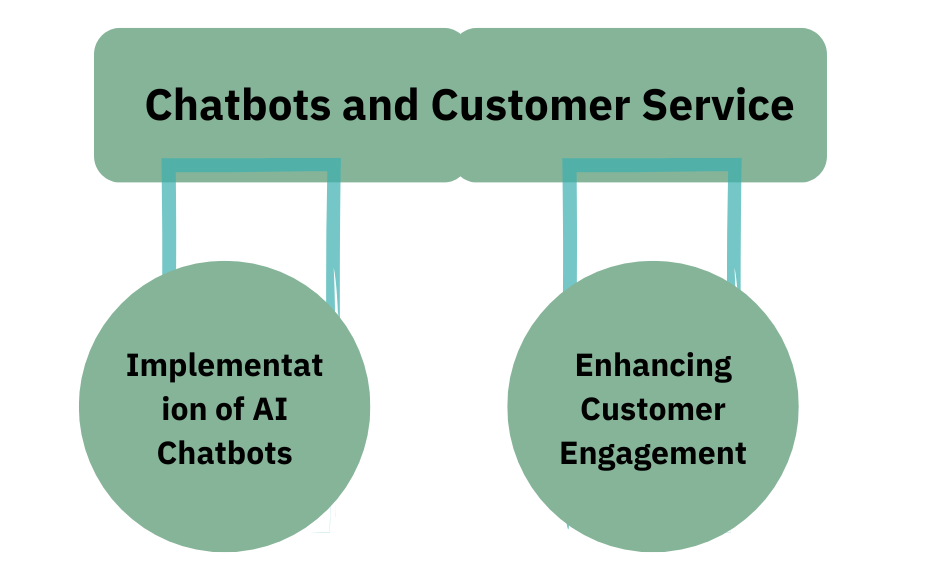
2. Enhancing Customer Engagement: AI chatbots can engage customers through personalized conversations, answering questions, recommending products, and guiding them through their purchasing journey.
This level of interaction enhances customer experience and fosters brand loyalty by making customers feel valued and understood.
Advertising Optimization
1. Programmatic Advertising: AI plays a crucial role in automating the buying and selling of online advertising space through programmatic advertising.
This system utilizes algorithms to analyze data and optimize ad placements in real time, ensuring that the right ads reach the right audiences at the right times.
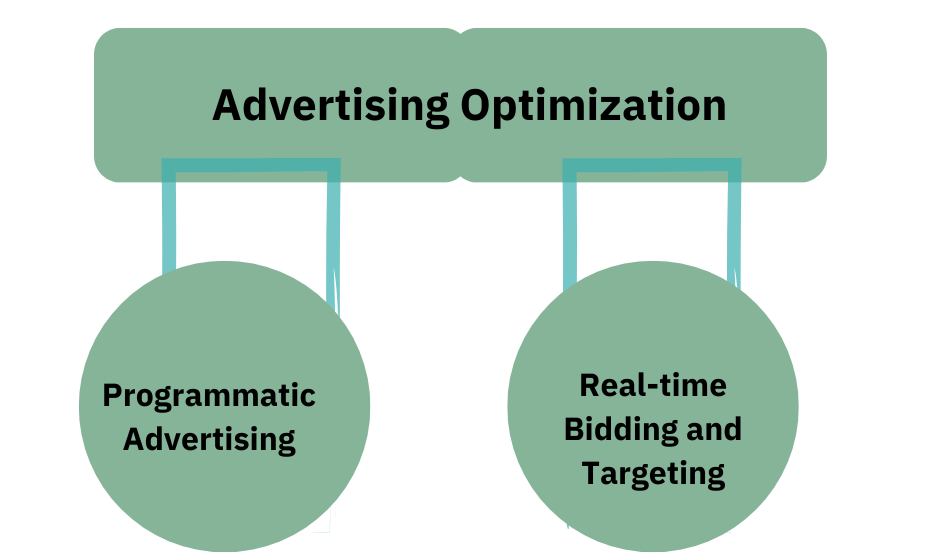
2. Real-time Bidding and Targeting: With AI, marketers can engage in real-time bidding, where ad inventories are bought and sold in milliseconds.
By analyzing user behavior and preferences, AI helps optimize targeting strategies, enabling advertisers to reach their ideal audience more effectively, and maximizing the efficiency of their ad spend.
Benefits of AI in Digital Marketing
Adding on to the application of AI in Digital Marketing there are several benefits of using AI in digital marketing. The following are some listed.
Improved Customer Experience
AI technologies allow for the personalization of marketing efforts, ensuring that customers receive tailored content and recommendations based on their preferences and past behaviors.
This personalized approach enhances customer satisfaction, fosters loyalty, and drives engagement by making interactions more relevant and enjoyable.
For instance, chatbots powered by AI can provide instant support and answer queries, creating a more responsive and user-friendly experience.
Increased Efficiency and Productivity
AI streamlines various marketing processes, automating routine tasks such as data analysis, customer segmentation, and content curation.
This not only saves time but also allows marketing teams to focus on strategic initiatives and creative endeavors. By leveraging machine learning algorithms, businesses can quickly analyze vast amounts of data to identify trends and insights, optimizing campaign effectiveness and reducing manual workload.
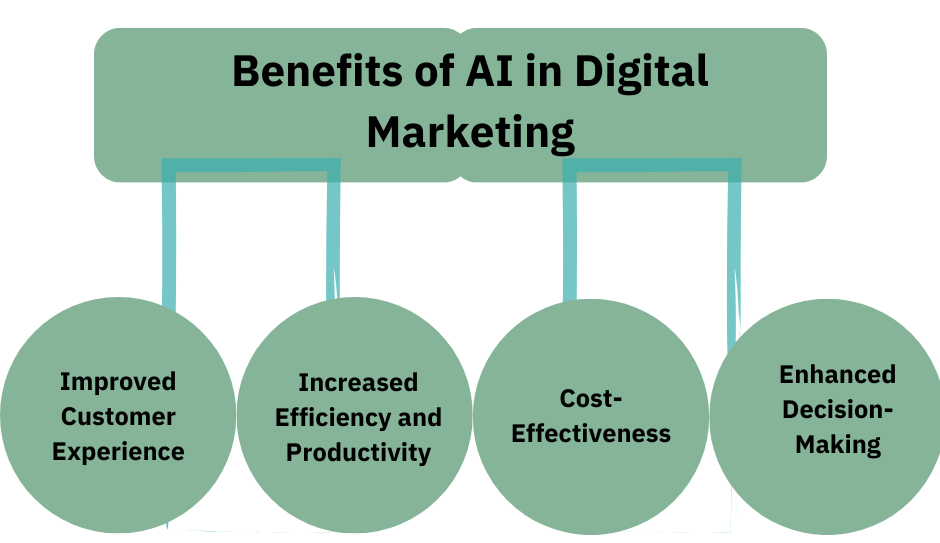
Cost-Effectiveness
Implementing AI solutions can lead to significant cost savings in digital marketing. By automating processes, businesses can reduce the need for a large workforce dedicated to repetitive tasks.
Additionally, AI-driven tools facilitate better targeting and higher conversion rates, ensuring marketing budgets are spent more effectively. This results in a higher return on investment (ROI) as campaigns become more efficient and impactful.
Enhanced Decision-Making
AI provides marketers with advanced analytics and predictive modeling capabilities, enabling data-driven decision-making.
By analyzing customer behavior, market trends, and campaign performance, AI tools can forecast outcomes and suggest optimal strategies.
This empowers businesses to make informed decisions quickly, maximizing the potential for campaign success and aligning marketing efforts with overall business objectives.